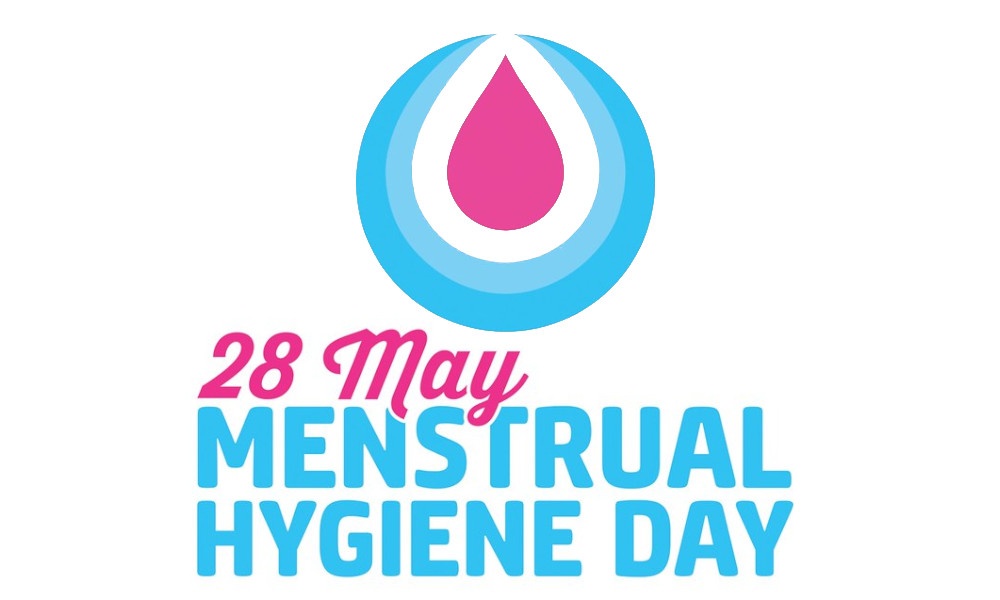By Harleen Walia
More than 700 million women menstruate every day, yet there is a global barrier to manage their periods. The social stigma and taboos attached to menstrual cycle prevents women from stepping out when they are menstruating. Even when they do step out, factors like lack of awareness, poor or lack of sanitation infrastructure like private toilets and hand wash, etc. bars women and girls from reaching their full potential at home, school, or at workplace.
To highlight the importance of menstrual care and to create awareness, Menstrual Hygiene Day is celebrated on 28th May every year. With a vision ‘To create a world in which every woman is empowered to manage menstruation safely, hygienically, with confidence and without shame, where no woman or girl is limited by something as natural and normal as her period,’ Menstrual Hygiene Day was initiated by the German based NGO, Wash United in 2013.
This year, Menstrual Hygiene Day aims at recognizing the fact that periods do not stop for pandemics and will continue to drive home the idea – ‘It’s Time for Action.’ This theme highlights the importance of the collective work, which we as a society needs to work on for changing the negative social norms attached to menstruation and also to work on progress towards empowering women and girls to unlock their education and economic opportunities.
A survey conducted by Youth Ki Awaaz in collaboration with Water, Supply & Sanitation Collaborative Council (WSSCC) revealed that 71% of women and girls use non-biodegradable sanitary napkins; while 63% found it harmful to the environment. The two main barriers to switch between biodegradable and non-biodegradable napkins were affordability and trust. The topic of Menstruation is still a private affair for many. People usually feel ‘uncomfortable’ while talking about menstruation and it was proved in the survey. More than 47% of the respondents were of the opinion that menstruation is “women-thing.” 49.2% of the respondents proclaimed that they have heard activities like ‘praying’ should be avoided during periods; while 51.1% of the respondents claimed to have been isolated or excluded because they were menstruating. It is so funny to see women talk about these taboos attached to menstruation when it’s something which affects every woman and is given by the God.
Taking care of oneself during menstruation is as important as taking care on everyday basis. Here are the four important reasons to maintain menstrual hygiene –
- HELPS IN PREVENTING URINARY TRACT INFECTION – Using a dirty cloth a sanitary napkin for more than 4 hours can act as a perfect environment for bacteria and yeast to grow/multiply. This bacteria and yeast can invade urinary tract, resulting in painful urination, backache, lower abdominal pain, and fever. By external genitalia with clean water and soap and also by frequently changing sanitary napkins, 97% of such infection can be prevented.
- REDUCED RASHES IN GENITALS – Prolonged wetness, allergy and abrasion can cause rashes in the genitals during menstruation. If sanitary napkins are not changed frequently, vaginal skin may get infected with bacteria and yeast, resulting in painful rashes.
- ENSURING GOOD REPRODUCTIVE HEALTH – If we do not maintain menstrual hygiene, it can result in Reproductive Tract Infection (RTI). Vaginitis and abnormal discharge are symptoms of severe RTI. The chance of RTI is high in India because majority of women use unhygienic methods to collect menstrual blood. RTI can be prevented by creating awareness and making sanitary napkins available at affordable prices.
- MINIMIZING RISK OF CERVICAL CANCER – Cervical cancer is cancer of the opening of the uterus which is caused by Human Papilloma Virus. The virus is transmitted sexually and by not maintaining menstrual hygiene. Not washing hands after changing sanitary napkin and lack of hygienic sanitation are some of the reasons behind increased risk of cervical cancer.


